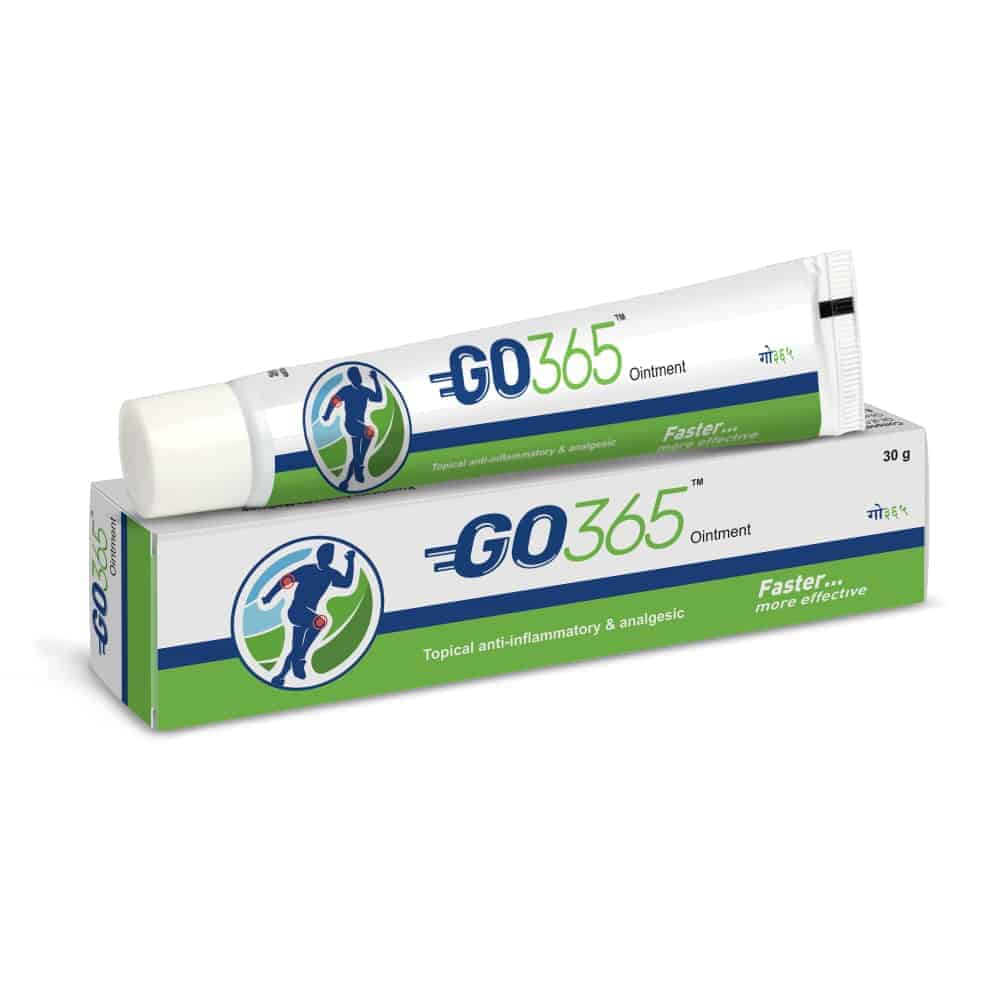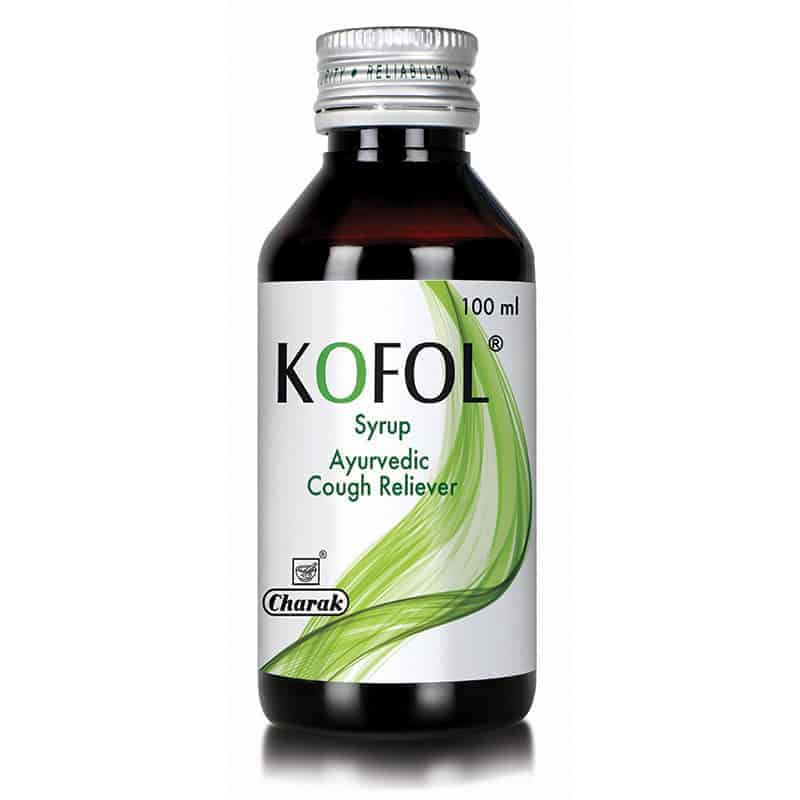Burp! Excuse me! This phrase is so often heard when in meetings, conferences, lectures or when you’re whiling away time with friends and families. This burp sound alarms you to be a victim of indigestion.
Symptoms of Indigestion or dyspepsia are stomach discomfort arising after full-fledged meals, feeling full quickly, experiencing pain or burning sensation in your stomach. Certainly, indigestion is affecting many people frequently and their daily activities like work and sleep, too. Indigestion dilemma usually arises due to improper and unhealthy food eating habits, overeating, neglecting the type of food consumed or even medical conditions like inflammatory bowel syndrome, stomach ulcers, etc. Unhealthy after-meal habits, a short nap after lunch, lack of momentum after feasting or a puff of smoke after meal can also contribute to indigestion. It occurs due to lack of digestive fire. Popping up antacids is not the only answer; the treatment should aim at curbing the cause too. Herbal medicines along with proper sleep and lifestyle changes regulate your enzymes in alleviating indigestion and assist in modifying and controlling your eating habits without any side-effects. Straight forward alterations in the food you eat or changing your daily habits can alleviate pain associated with indigestion.
Here are few dos and don’ts that will treat indigestion naturally.
Dos
1. Eat well
Fibrous foods like oats, whole grain cereals vegetables, fruits and nuts promote digestion. In addition, drink plenty of water, since it can lubricate food in the digestive tract, help dissolve minerals, vitamins and nutrients for easier absorption, and keep stool moist to prevent constipation.
To further relive your indigestion along with good eating habits, take Ojus syrup, a complete digestive aid. It improves digestion and relieves dyspepsia through its effect on secretion of digestive enzymes and motility of gastrointestinal tract. It helps in relieving gastrointestinal symptoms such as abdominal discomfort, bloating, constipation, heartburn, nausea, and vomiting naturally. Herbs in Ojus include Hartitaki (Terminalia chebula) and Shunthi (Zingiber officinale) that act as powerful appetizers and stimulants of digestive enzymes. Pippali (Piper longum) stimulates secretions of various glands of the intestinal mucosa and thereby protects its mucosa from gastric acid. Overall, Ojus is a strong gastroprotective, prokinetic and mucoprotective.
2. Lose excess weight
Excess eating forces the contents to rise in esophagus. This can lead to heartburn and acid reflux. The need is to control your weight. Regular exercise and yoga help reduce weight.
3. Slow and steady
Quick eating of food can intensify heartburn. Take enough time to chew your food. Chewing not only helps break down food, it also signals the salivary glands, stomach and the small intestine to start releasing digestive enzymes. Simultaneously, avoid overeating. It results in excess stomach acid production increasing the chances of heartburn and indigestion.
4. Exercise regularly
Exercising regularly will help burn excess calories and enhance your food intake capacity. It also aids in digestion. Avoid performing heavy exercises after meals.
Don’ts
1. Avoid stress
Stress shows a negative effect on your digestion. The “fight or flight” response resulting due to stress reduces blood flow to the abdomen and the production of digestive enzymes, increases production of stomach acid and slows down the digestive process, which results in heartburn, bloating and constipation. Incorporating relaxation techniques into your daily routine, especially after you eat, may help to relieve heartburn. Try meditation, yoga, massage, aromatherapy, deep breathing to help you relax daily.
2. Avoid eating three hours before going to bed
Plan to have your last meal of the day at least three hours before bedtime, since your body requires about two hours to digest the food that you have eaten. If you lay down while there is still food in your stomach, you have a higher chance of getting heartburn Directly going off top bed after consuming heavy meals leads to acid reflux.
3. Avoid wearing tight fitting clothes
Tight pants and belts may be contributing to your heartburn by causing too much pressure on your abdomen. Make sure that you wear lose and comfortable clothes.
4. Quit smoking and alcohol consumption
Smoking and alcohol consumption both aggravate symptoms of indigestion. They relax the lower esophageal sphincter which allows back flow of stomach acid into the esophagus.
Follow these dos and don’ts to overcome indigestion successfully. For free doctor consultation visit www.charak.com/online.







